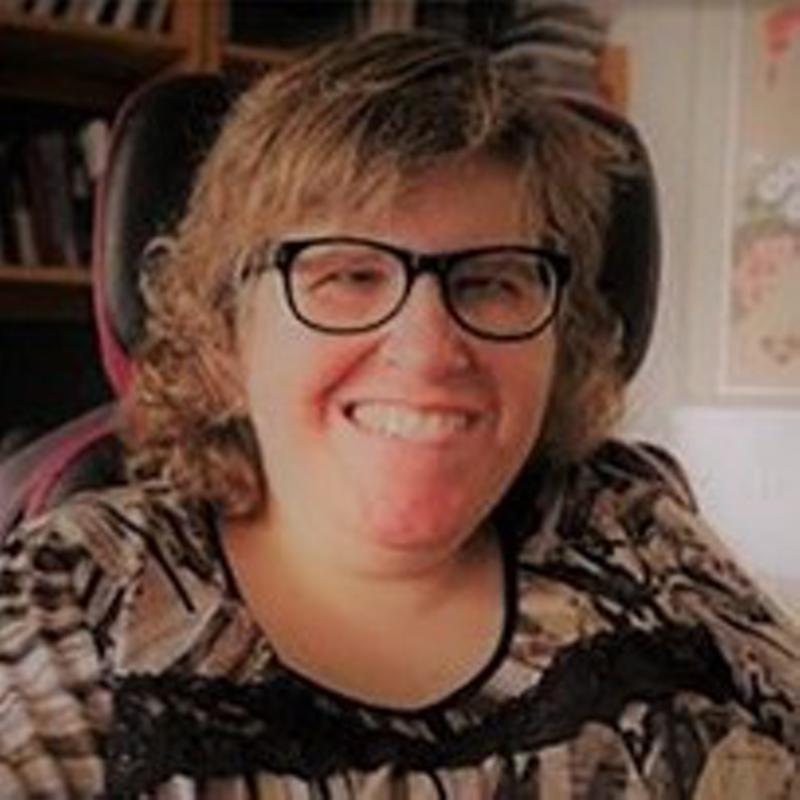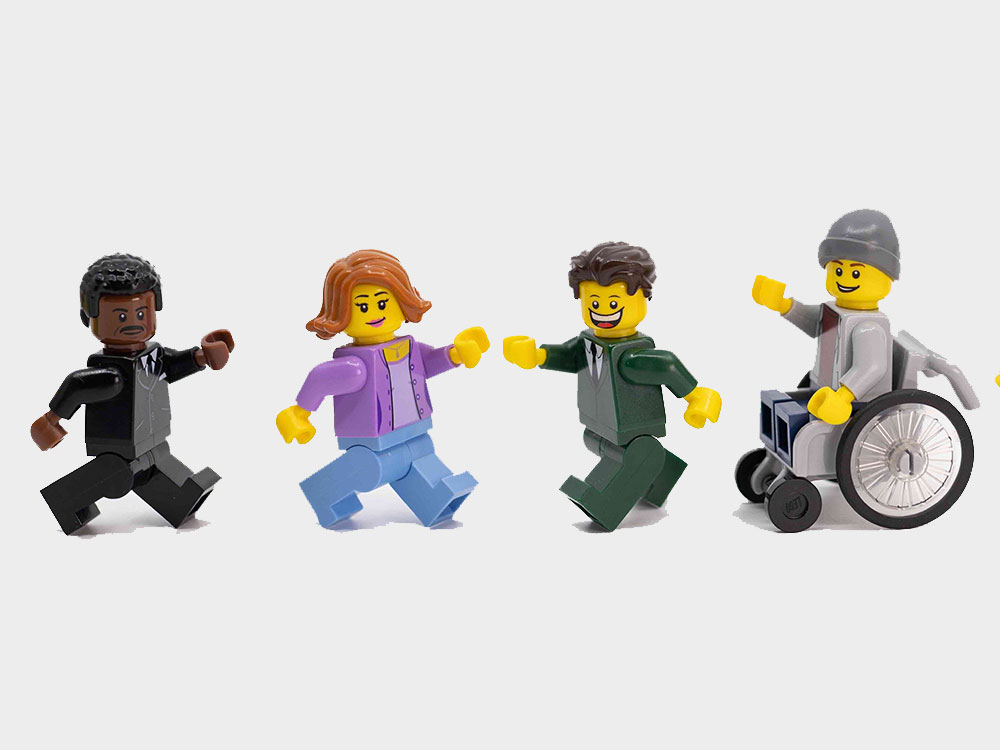When we met each other in Grade 11 in Alberta, we were far from the typical high school success story. Heidi has cerebral palsy and was seen as too disabled for regular schools, and Michelle was a chronic truant and an activist.
Soon, we became friends and made a pact to get our doctorates, which we did. Over the past three decades, we have researched, taught classes and given talks on disability and ableism.
Throughout the course of our careers and lived experiences, we have seen the daily ableism people living with disabilities contend with. As professors of education and disability ethics, we have put together the following list of dos and don’ts.
What to do
1. Listen to feedback even if you’d rather not.
Giving people feedback on ableism isn’t our idea of a good time, but we’d like a society that isn’t ableist.
Try to be mindful and understanding when someone tells you that your words or actions are not helpful.
2. Listen to how people identify themselves.
Some disabled people use identity-first language: “I am disabled.”
Others might use people-first language: “I am a person with disabilities.”
This is a personal and political choice. The same goes for titles. When we teach, we use Dr. Janz instead of Heidi because it is often challenging for students and colleagues to see Dr. Janz as having academic expertise.
3. Think about how often disability is used to denote something negative or as an insult.
Here are a few we’ve heard recently: “blind to it,” “blind spot,” “deaf to it,” “schizo,” “manic,” “lame” or talking about a person who was challenging organizational norms as “definitely autistic.”
4. Think about how you can be more inclusive of people with disabilities.
Excluding or minimizing the experiences of disabled individuals often leads to flawed research, policy and education of future professionals.
It’s essential to integrate critical work by disability scholars for ethically sound and socially relevant research and education.
5. Commit to fair compensation.
We can’t tell you how many times it has been assumed that Michelle should be paid but that Heidi is happy as a clam to do work for free.
Disabled people deserve compensation for their work like everyone else. Their costs are often far higher than those of someone who does not travel with a personal care attendant and need to use accessible transportation and accommodation — when it is available.
But even if they didn’t need any of these things, the assumption disabled people should work for less or for free is downright insulting.
6. Challenge the notion that people are better off dead.
Despite the opposition of major disability rights groups in Canada and concerns expressed by United Nations special rapporteurs on the rights of persons with disabilities, Canada promised to expand medical assistance in dying, or MAID, to people with mental health challenges.
The expansion of MAID to include individuals with mental illness is likely to be postponed following more testimonies from mental health experts and advocates arguing that MAID as a solution for mental illness is problematic, especially considering the high number of people who are unhoused, living in poverty and unable to access supports including mental health and addiction treatment services.
7. Understand the impact of your government’s policies on disabled people.
The UN estimates that about 9.7 million people with disabilities are displaced because of conflict and war. The late associate professor of English Y-Dang Troeung and gender, race, sexuality and social justice professor Jasbir Puar are two scholars who examine how ableism, racism and geopolitics connect.
8. Think about who you see as leaders and why.
Democracy is founded on representation. Twenty-seven per cent of Canadians identify as having a disability. Consider what government, workplaces, health care, education and the justice system would look and feel like if a commitment to dismantling ableism was a priority.
What not to do
1. Don’t tell disabled people you are their voice.
Watch the power tripping that comes with assuming you are a voice for a group you are not a part of, including disability.
Is it that you are speaking for the voiceless? Or for people with clear voices about what needs to change — based on their lived experience and expertise — who are being ignored? Voices come in many forms — text, story, art, music, screams of frustration, love and laughter.
Similarly, don’t ask a disabled person to speak for all disabled people. Not all disabled people will agree with each other, just as not all individuals in any group share the same opinions. Learn to listen.
2. Don’t ask disabled people and other structurally marginalized groups to be patient.
Consider what it is like for disabled people asking for the basics of life, such as accessible housing, education, health care and food security, to constantly be told to be patient while others decide what they think is best for you.
It’s important to clarify that the issue lies not with frontline staff, who are often overstretched and underpaid, but rather with the fair distribution of public resources to include disabled people.
3. Don’t assume disabled people aspire to be your inspiration.
Telling someone you don’t know how they do it or that you just wouldn’t cope if disabled might seem harmless, but consider how such comments might sound to a disabled person. How should a person who might view their life as pretty enjoyable respond to a comment that assumes it is actually pretty awful?
4. Don’t assume you know what a person’s quality of life is.
Dr. Janz, for example, always needs an advocate with her when in the hospital because, too often, those paid to care for her assume she wants to be a DNR (do not resuscitate). Ableism is life-threatening.
5. Don’t displace your discomfort onto disabled people.
It is OK to be uncomfortable when you can’t understand someone’s speech, or you don’t understand why they are twirling or rocking back and forth. What isn’t OK is to blame disabled people for your discomfort.
Ableism goes beyond individual fear or prejudice. It influences who we see as having a life worth living and who is seen as a burden. That, in turn, impacts our practices and policies.
We all have a role to play in challenging ableism, which may sometimes leave us feeling awkward or unsure if we’re doing and saying the right things. But, to our knowledge, being awkward isn’t deadly. Ableism too often is.![]()
![]()
Read more: Health, Rights + Justice


















Tyee Commenting Guidelines
Comments that violate guidelines risk being deleted, and violations may result in a temporary or permanent user ban. Maintain the spirit of good conversation to stay in the discussion and be patient with moderators. Comments are reviewed regularly but not in real time.
Do:
Do not: